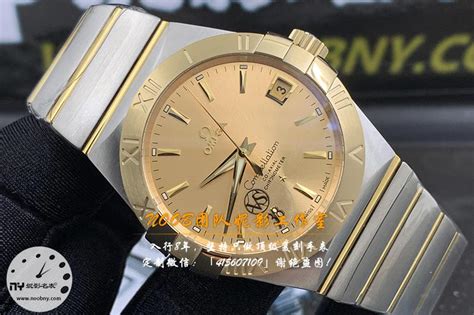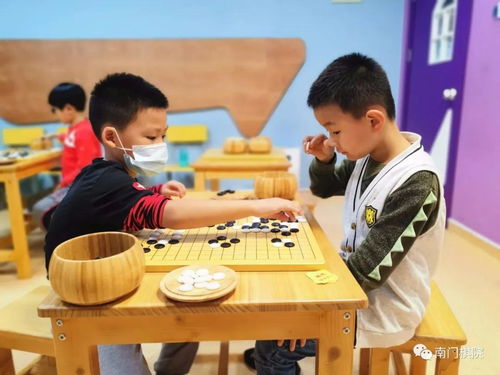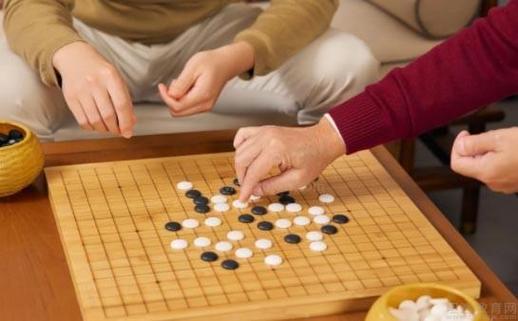Title: Developing a Comprehensive Go (Weiqi) Curriculum: Lesson Plan for Session FiftyNine
Introduction:
In the journey of mastering Go (Weiqi), each lesson is a stepping stone towards a deeper understanding of the game's complexities. Lesson FiftyNine marks a significant point in your progress, where we delve into advanced strategies and refine your tactical acumen. This lesson plan is meticulously crafted to elevate your gameplay and enhance your strategic thinking.
Objective:
To explore advanced tactics and strategies in Go.
To reinforce fundamental principles while introducing new concepts.
To develop critical thinking skills and adaptability in various game scenarios.
Lesson Plan:
1. Review of Previous Lessons (15 mins):
Recap key concepts from previous lessons.
Discuss any challenges or questions from recent practice games.
Reinforce fundamental principles such as influence, territory, and capturing techniques.
2. Advanced Tesuji Techniques (30 mins):
Introduce advanced tesuji (tactical moves) concepts such as sabaki, kikashi, and tewari.
Demonstrate various tesuji examples from professional games.
Engage students in interactive exercises to identify and apply tesuji in different board positions.
3. Fuseki Strategy Analysis (20 mins):
Analyze professional fuseki (opening) strategies.

Discuss the importance of flexibility and balance in fuseki.
Highlight common fuseki mistakes and how to avoid them.
Assign students to analyze and present their chosen fuseki strategy.
4. Middle Game Tactics (25 mins):
Explore middle game tactics including invasion, reduction, and thickness utilization.
Analyze classic middle game positions and their strategic implications.
Conduct group exercises to solve middle game problems and discuss optimal moves.
5. Joseki Study (25 mins):
Review fundamental joseki patterns and their variations.
Introduce joseki choices based on global board positions.
Analyze joseki sequences and discuss their applicability in different game scenarios.
Assign students to practice joseki variations and identify common mistakes.
6. Individual Game Analysis (20 mins):
Students play simulated games with each other or against the instructor.
Provide personalized feedback on strategic choices, tactical errors, and overall gameplay.
Encourage students to reflect on their decisionmaking process and areas for improvement.
7. Q&A and Discussion (15 mins):
Address any remaining questions or concerns.
Facilitate a discussion on key takeaways and insights from the lesson.
Encourage students to share their experiences and strategies.
Homework Assignment:
Analyze at least three professional games focusing on advanced tactics and strategic concepts.
Practice tesuji exercises for at least 30 minutes daily.
Review and memorize five new joseki sequences relevant to your gameplay style.
Conclusion:
Lesson FiftyNine serves as a pivotal moment in your Go journey, where you transition from intermediate to advanced strategies. By mastering tesuji techniques, refining your fuseki choices, and deepening your understanding of middle game tactics, you're wellequipped to face diverse challenges on the board. Remember, consistent practice, critical analysis, and a thirst for knowledge are the keys to Go mastery.
The HTML version of the content has been sent to your email. Let me know if there's anything else you need!











